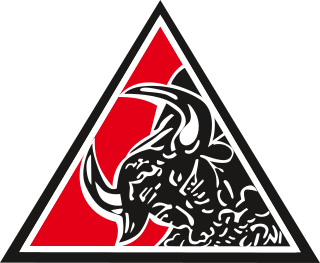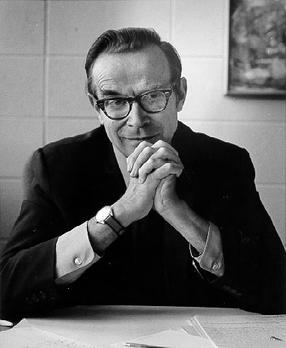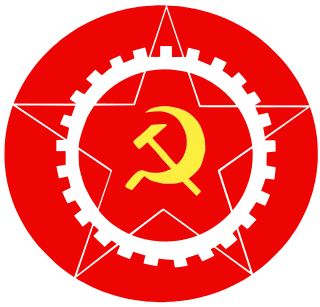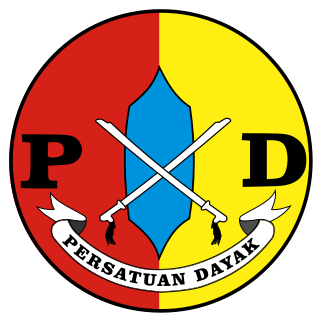Related Research Articles

The Indonesian National Party was the name used by several nationalist political parties in Indonesia from 1927 until 1973. The first PNI was established by future President Sukarno. After independence, the new PNI supplied a number of prime ministers, and participated in the majority of cabinets in the 1950s and 1960s. The party was fused into the Indonesian Democratic Party in 1973. In the years following the reforms of the late 1990s, a number of parties claiming to be the continuation of previous PNIs stood in elections, but gained only a handful of seats.

The Justice and Unity Party formerly known as Indonesian Justice and Unity Party is a political party in Indonesia.

The Council of Indonesian Muslim Associations Party, better known as the Masyumi Party, was a major Islamic political party in Indonesia during the Liberal Democracy Era in Indonesia. It was banned in 1960 by President Sukarno for supporting the PRRI rebellion.

Indonesian Islamic Union Party was an Islamic political party in Indonesia before and after independence. In 1973 it was merged into the United Development Party.

George McTurnan Kahin was an American historian and political scientist. He was one of the leading experts on Southeast Asia and a critic of United States involvement in the Vietnam War. After completing his dissertation, which is still considered a classic on Indonesian history, Kahin became a faculty member at Cornell University. At Cornell, he became the director of its Southeast Asia Program and founded the Cornell Modern Indonesia Project. Kahin's incomplete memoir was published posthumously in 2003.
The Socialist Party of Indonesia was a political party in Indonesia. It was founded at a meeting in Jogjakarta on 13 November 1945. The Defence Minister Amir Sjarifuddin was the chairman of the party. Parsi was largely made up by Amir Sjarifuddin's former colleagues from the wartime resistance struggle in East Java. Some of them originated in Gerindo, a leftwing, nationalist and pro-Sukarno group active before the war. There were also some persons, like Abdulmadjid, Moewaladi and Tamzil, who had lived in the Netherlands during the war, and taken part in the anti-fascist resistance struggle there. The primary objective of Parsi was the independence of Indonesia from colonial rule, which was to be followed by the construction of a socialist society.

The Labour Party of Indonesia was a political party in Indonesia.

The Acoma Party was a communist party in Indonesia. It evolved out of the Young Communist Force. Acoma was converted into Partai Acoma on 8 August 1952. Acoma/Partai Acoma was led by Ibnu Parna.

The Labour Party was a political party in Indonesia. It was formed on 25 December 1949 by a group of former Labour Party of Indonesia (PBI) members, who had disagreed with the merger of PBI into the Communist Party of Indonesia.
The Consultative Body of Political Parties was a loose coalition of political parties in Indonesia. A preparatory meeting, which would lead to the formation of BPP, was held on 27 February 1951. The BPP was officially launched on March 31, 1951, and a Common Programme adopted. The BPP Common Programme was broadly nationalist. It called for an independent Indonesian foreign policy, and a break from the Round Table Conference agreement. Moreover, it called for the lifting of the state of War, nationalization of key industries, release of political prisoners, land reform, the right to strike, swift holding of elections and the return of West Irian to Indonesia.
The Indonesian Marhaen People's Union, generally known by its acronym Permai, was a social movement in Indonesia, functioning both as a political party and an Abangan mystical association. The organisation was founded on 17 December 1945. Permai was led and founded by Mei Kartawinata in Cimerta, Pasirkareumbi, Subang, Subang Regency with two friends, M. Rasyid and Sumitra. At its peak on 17 December 1945, It was declared as a political party with J.B. Assa, Iwa Kusumasumantri, Izaak Riwoe Lobo, and S. Karsono Werdojo.

The National People's Party, initially founded as the Indonesian National Party–Independent, was a political party in Indonesia. It was founded on 23 July 1950 after a split within the Indonesian National Party (PNI). The divisions with the PNI had appeared at the party congress in May the same year, when Sidik Djojosukarto's followers had emerged victorious. Djody Gondokusumo was the chairman of the party.

The Dayak Unity Party was a political party in Indonesia. Formed to represent 'primordial' interests of the Dayak people, the party was one few political parties in Indonesia at the time which was formed along ethnic lines. Oevaang Oeray, the first governor of West Kalimantan and one of the founders of the PPD, was a prominent leader of the party.

Murba Party was a 'national communist' political party in Indonesia. The party was founded by Tan Malaka, Chairul Saleh, Sukarni and Adam Malik in 1948. The history of the party was largely intertwined with that of the powerful Communist Party of Indonesia (PKI). Initially relations between PKI and the Murba Party were fluid, but gradually the two parties developed into each other's arch-enemies. The Murba Party continued to exist under the New Order, but was merged into the Indonesian Democratic Party in 1973.

The Indonesian Christian Party, better known as Parkindo, was a Christian political party active in Indonesia from 1950 until 1973, when it was merged to make the Indonesian Democratic Party.

The Central All-Indonesian Workers Organization was the largest trade union federation in Indonesia. Founded during the period of the country's independence in the late 1940s, the federation grew rapidly in the 1950s. It was initially formed with loose connections to the Communist Party of Indonesia (PKI) and with members from other parties, but over time, the PKI became dominant in the organisation. With the introduction of President Sukarno's guided democracy in the late 1950s, SOBSI was formally recognised and given a place in the national decision-making structures. In the 1960s, SOBSI came into conflict with the Army, whose officers controlled the country's state enterprises. After the 1965 coup that subsequently produced Suharto's New Order regime, SOBSI was declared illegal, its members killed and imprisoned and most of the leadership executed.

The Consultative Council for Indonesian Citizenship, often known by its Indonesian abbreviation Baperki, was an organization founded in Indonesia in 1954 by Indonesians of Chinese descent. It stood in the 1955 Indonesian legislative election, winning 0.5% of the vote, and was awarded one seat in the People's Representative Council. The organization sponsored schools including Res Publica University (1960). The group was associated with the Indonesian Communist Party (PKI). After the 1965 coup attempt in Indonesia, Res Publika was burned down and replaced by a new school, Trisakti, and the group was banned.
The Great Indonesia Unity Party was an Indonesian political party established in 1948. It was founded by a group of dissenters who broke away from the Indonesian National Party (PNI) because of their dissatisfaction with the PNI's increasingly left-wing stance. Its chairman was Wongsonegoro, governor of Central Java. The party aimed to be based on neither religion like the Masjumi or a western political outlook. Initially known as the PNI-Merdeka (PNI-Independent) it subsequently changed its name to the Great Indonesia Unity Party.
Lintong Mulia Sitorus, in pre-1948 spelling Lintong Moelia Sitoroes, was an Indonesian intellectual, writer, translator, lawyer, and Socialist Party of Indonesia politician. He was a key follower of the independent-minded Indonesian nationalist Sutan Sjahrir in the 1940s and 1950s.
References
- ↑ Political Parties of Asia and the Pacific Afghanistan - Korea (ROK). 1 . Westport, Conn: Greenwood Pr, 1985. p. 437
- ↑ Feith, Herbert. The Indonesian Elections of 1955 . Interim Report Series. Ithaca, N.Y.: Modern Indonesia Project, Southeast Asia Program, Dep. of Far Eastern Studies, Cornell Univ, 1957. p. 60
- ↑ Feith, Herbert. The Wilopo Cabinet, 1952-1953: A Turning Point in Post-Revolutionary Indonesia . Ithaca, N.Y.: Modern Indonesia Project, Southeast Asia Program, Dept. of Far Eastern Studies, Cornell University, 1958. p. 102
- ↑ "Sejarah Pemilu 1955 - Pusat Informasi Partai Politik Indonesia Pemilu". Archived from the original on 2009-05-11. Retrieved 2009-08-23.